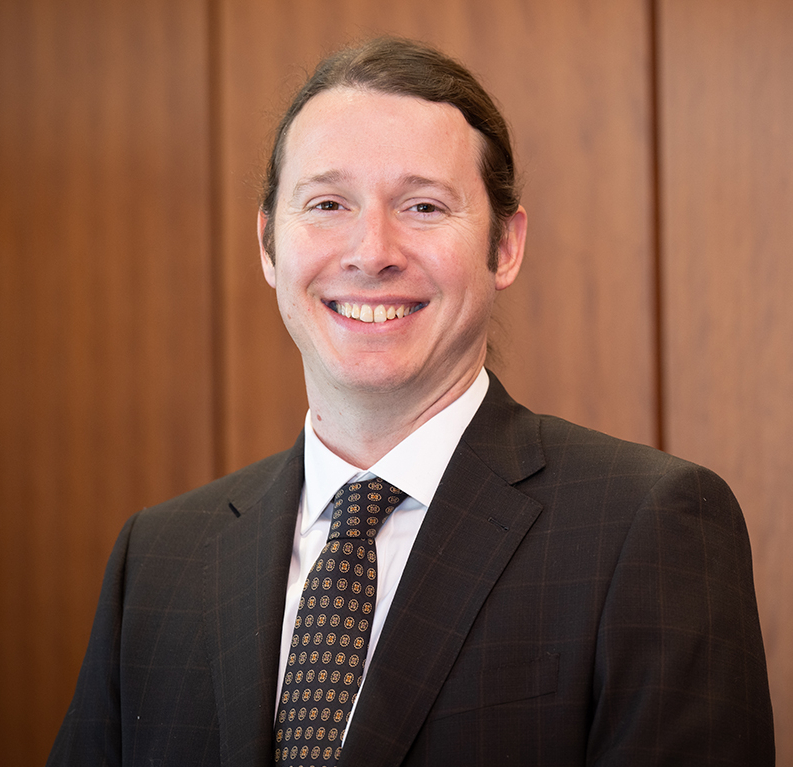This website uses cookies
We use cookies to ensure that we give you the best experience on our website. If you continue to use this site we will assume that you are happy with it.

On December 18, 2023, Cornell Law School Adjunct Professor James Hardwick testified on the issue of veteran homelessness before the New York State Assembly Standing Committee on Veterans Affairs. At the hearing, which took place in New York City, Hardwick spoke from his experience serving veterans across the Finger Lakes region and Southern Tier as a co-director of the Veterans Law Practicum.
Launched in fall 2023, the practicum serves as a hub for veterans seeking legal information, advice and representation. Each term, ten upper-level students provide these services under the supervision of Hardwick and Danielle Bernard, both licensed attorneys with backgrounds in disability claims and veterans benefits. “Law school clinics like ours are able to serve veterans who are often ineligible for traditional legal aid services,” says Hardwick.
Hardwick’s testimony before the committee focused on two issues: the need for broad eligibility criteria in future funding proposals, and the importance of strategic partnerships between veterans’ organizations and homelessness prevention coalitions.
The Veterans Law Practicum currently receives funding from the U.S. Department of Veterans Affairs under an inaugural program to address the legal needs of veterans experiencing and at risk of homelessness. In his remarks, Hardwick emphasized the importance of the program’s acceptance of veterans with “other-than-honorable” and “bad conduct” discharge status, as such veterans are significantly more likely to experience chronic homelessness and housing insecurity.
Hardwick also lauded the program’s broad definition of “at risk of homelessness” and its higher income cap, both of which have allowed the practicum the flexibility to help veterans in a variety of circumstances that interfere with stable housing who are financially unable to pay for legal services but do not qualify for legal aid .
Finally, Hardwick recounted his efforts to identify potential clients for the clinic, which revealed that many veterans in need of services are not connected to veterans’ organizations or are ineligible for VA programs. This led him to reach out to shelters, housing advocates, charity organizations, and community health clinics, discovering clients who had fallen through the cracks of the veteran-specific safety net. He observed that this underlined the need for collaboration between veterans-services and homelessness-advocacy organizations.
As the practicum moves into its second semester, Hardwick and Bernard are hoping to secure additional funding to allow them to accept cases outside of those impacting veteran housing. Says Hardwick, “We can’t yet take on as many discharge upgrades or benefits appeals as we’d like, given the focus of our primary funding source. We very much hope to have the financial support soon to offer this broader range of services and extended representation to our veteran community.”
Reflecting on the hearing, Hardwick notes that he was the only advocate from outside New York City who testified. “There is a lot of amazing work happening in NYC, but the rest of the state has different challenges and a less robust social services system to support homeless veterans,” he says. “I look forward to positioning Cornell as an important advocate of rural veteran homelessness in our region.”